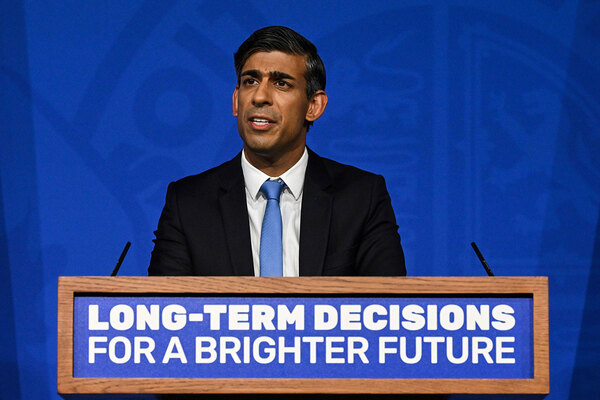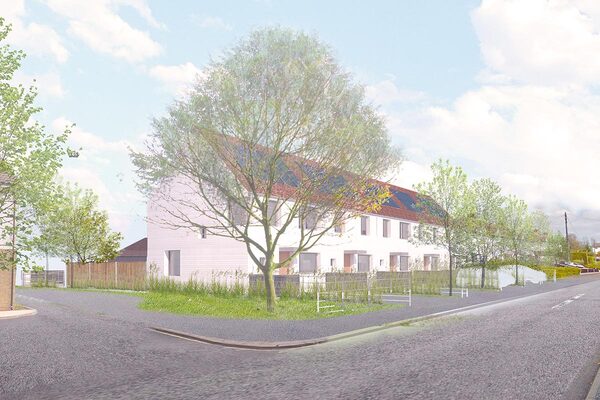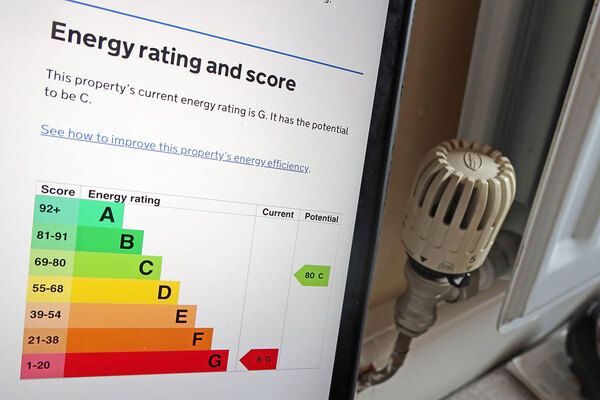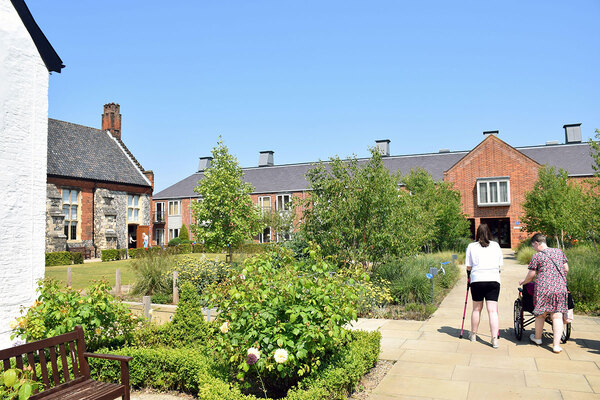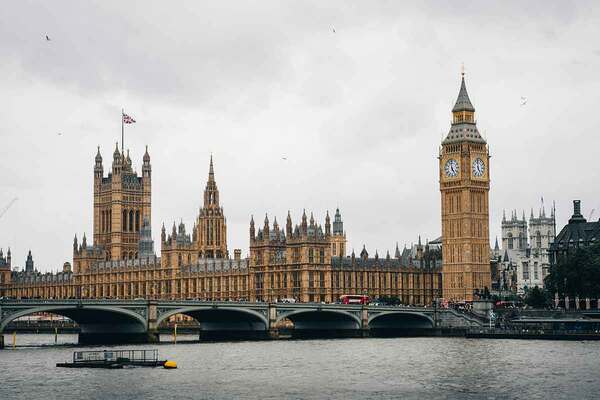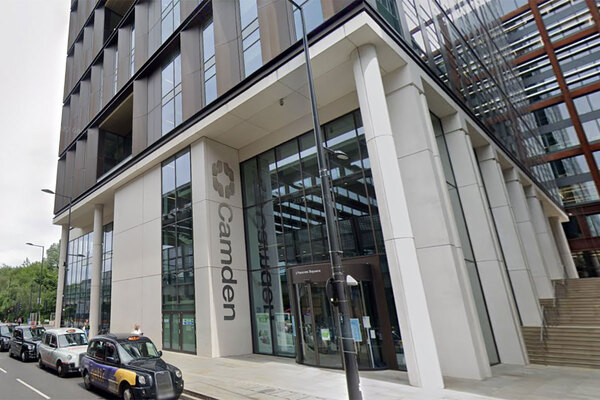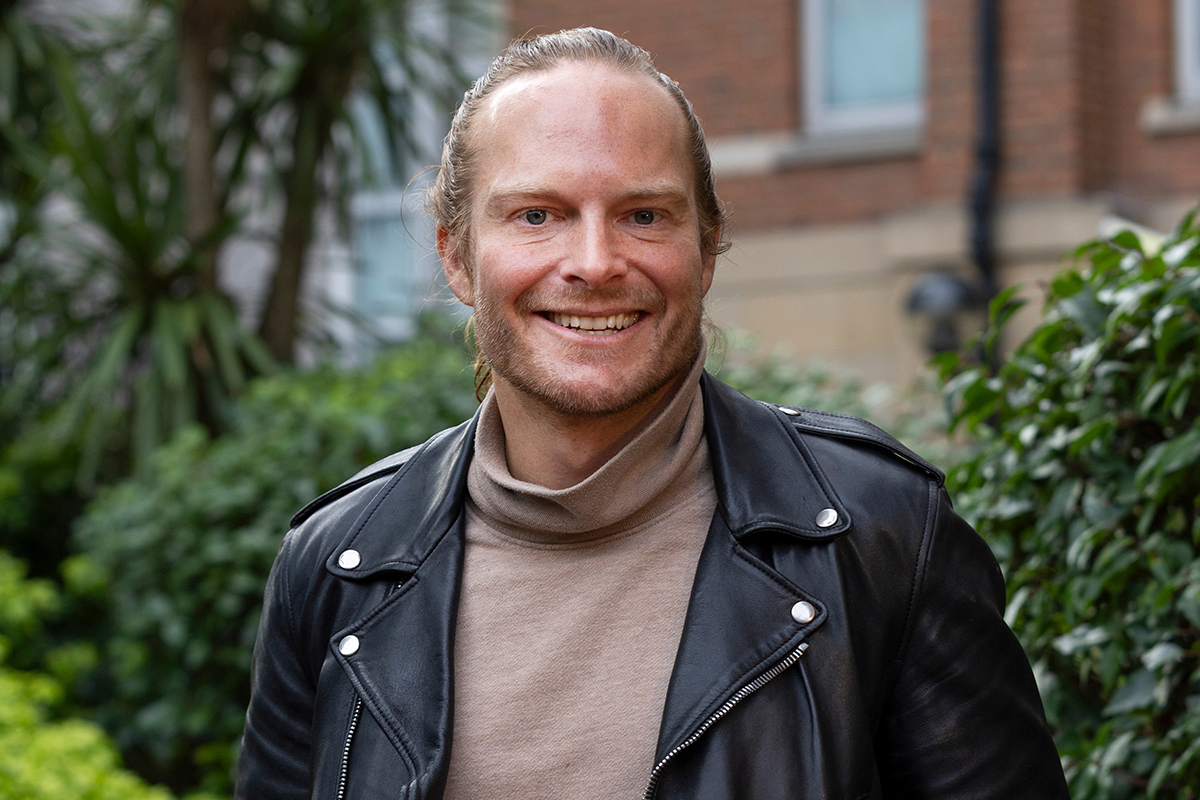Government faces legal challenge over green homes ‘roadblock’
A non-profit law firm is challenging the government in court for what it described as a “roadblock” on councils setting higher energy-efficiency standards for new housing developments.

The Good Law Project is supporting Rights Community Action (RCA), an environmental coalition, to launch the legal action in defence of councils that wish to bring in local energy standards that go beyond current building regulations.
The firm will argue that a recent government policy is delaying efforts to tackle fuel poverty and slow the transition to net zero.
It follows a statement in December by the Department for Levelling Up, Housing and Communities (DLUHC) which set limits on the ability of local authorities to require developers to implement higher standards of energy efficiency in new housing schemes.
Baroness Penn, parliamentary undersecretary of state at DLUHC, said current new build standards in force, alongside further ones due in 2025, already demonstrate the government’s commitment to reducing emissions of new homes.
She added: “Any planning policies that propose local energy-efficiency standards for buildings that go beyond current or planned buildings regulation should be rejected at examination if they do not have a well-reasoned and robustly costed rationale.”
Baroness Penn added that the “proliferation” of multiple local standards by councils could “add further costs” to building new homes by “adding complexity and undermining economies of scale”.
But the RCA believes the ministerial statement undermined local authority powers “in an unlawful fashion that goes against the objectives of the Climate Change Act 2008”.
The legal challenge also argued that the government “has failed to properly apply its own Environment Act 2021, that requires policy to be assessed properly for its environmental impacts”.
Last week, several local authorities and campaigners wrote to housing secretary Michael Gove, opposing his department’s “unnecessarily draconian” statement.
Naomi Luhde-Thompson, director of rights at the RCA, said: “Communities and local councils in England have been developing and adopting zero-carbon plans for places, but the government seems determined to smash any local hopes, instead dictating a sub-standard approach, failing to apply its own environmental assessment procedures to the policy that has been announced.”
Ian Browne, legal manager at the Good Law Project, said: “In the midst of a climate emergency and with millions of households struggling to pay their heating bills, we think the government’s roadblock to delivering more energy-efficient homes is not just illogical, but unlawful.
“That’s why we’re going through the courts to make it easier for councils to be at the forefront of unlocking the next generation of green homes.”
A government spokesperson said: “We do not recognise these claims. Our policies allow more energy-efficient homes to be delivered, as long as local authorities do this in a way that is easily understandable for house builders and does not affect the viability of new housing.
“We are improving the efficiency of homes with our Future Homes Standard, which will deliver the new homes needed for a net zero future.”
The consultation on the Future Homes Standard opened in December and will close in two days’ time.
Sign up for our regulation and legal newsletter
Already have an account? Click here to manage your newsletters
Sign up to the Retrofit and Strategic Asset Management Summit
Learn how to develop long-term and joined-up strategies that simultaneously tackle energy efficiency, damp and mould, Decent Homes, building safety and fuel poverty.
Join over 500 sector leaders to ensure your capital investments go further and deliver healthy, warm and safe homes for all tenants and residents.
